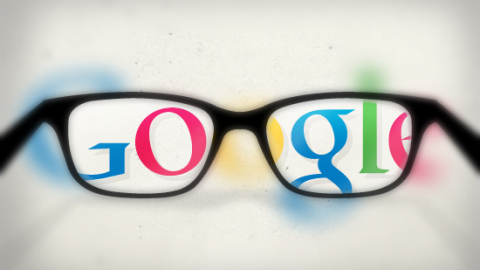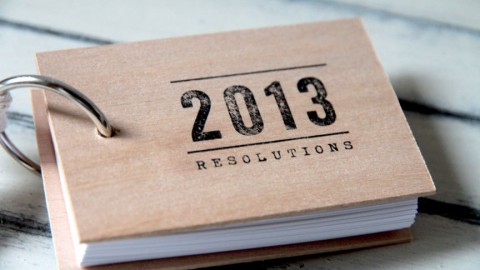 Photo credit: Roy Lichtenstein
Photo credit: Roy Lichtenstein
The social media world was abuzz last week when Facebook founder Mark Zuckerberg’s sister Randi (former head of marketing for the company) mistakenly posted a family photo to her entire Facebook following rather then just select friends. She was not aware this had happened until the photo was Tweeted publicly by one of her followers. Ms. Zuckerberg was none too happy and a Twitter scuffle about social media etiquette ensued.
Since the photo was not intended for public viewing, I won’t post it to avoid further propagation. You can view both the photo and Tweets here, however (kudos to Mark for keeping the signature hoodie on even at Christmas dinner). Both parties deleted the photo and Tweets, however many news outlets and websites captured them prior. While Randi is a person of interest in the tech world, this just goes to show that things posted online never really go away, even if you delete them.
Facebook has been in the hot seat lately regarding their privacy policies, making this situation particularly ironic. Those of you who are Instagram users (the app was recently acquired by Facebook) surely heard the uproar when its new terms of service stated advertisers could use photos for marketing purposes. The outcry was so profound the company reversed the policy days later, but millions of users reportedly made a mass exodus from Instagram.
The child of a lawyer, I was raised to always be cautious about sharing information. As PTs with HIPAA concerns, the same is true. One’s natural reaction may be to avoid social media use all together, a sentiment I’ve heard expressed by many PTs and other professionals. Caveat emptor is a good philosophy to follow, but why put yourself in a situation to be wary of in the first place? This is understandable, but the benefits of social media greatly out weigh the risks in my opinion and your experience can always be positive if you follow a few best practices.
The Newspaper Test
Ethics courses refer to this practice as the “front of the newspaper test.” I prefer to call it the “mom test.” When posting online, ask yourself, if this was also going to be on the front page of the New York Times (or read by your mother, grandfather, mentor, etc.) how would you feel? If you experience any hesitation, you probably don’t want to publish it.
Segment your social media usage
People are not one dimensional and have many interests. You don’t eat, sleep, breathe and bleed PT exclusively I’m sure. The beauty of a wide variety of social mediums available is the ability to use each for different reasons. I don’t like to make professional connections on Facebook, that is what I use Linkedin for. I use Facebook for friends or people I meet outside of the work world (though you can make lists to organize personal and professional contacts to control what they can or cannot see). I even have a Tumblr account under a pseudonym. It’s up to you what you want to share with what networks, but it can be helpful to designate particular services for particular use.
TWEAK YOUR privacy settings
All social media services offer levels of privacy settings. From hiding your Facebook wall to approving all connections on Twitter, you can customize to your liking. If you aren’t familiar with the settings of your favorite outlet, I would suggest a quick read through. Here are some of the most popular site’s options:
Facebook
Twitter
Linkedin
WordPress
Pinterest (note, they have recently announced the addition of private boards)
Regardless of settings, heed Randi Zuckerberg’s warning and keep in mind both computer and human error (to avoid the latter, Google for example, offers a feature called Mail Goggles which prompts users with few quick math problems to prove they are in the right state of mind before sending that late night email).
Go back to kindergarten
Yes, to some degree everything you need to know you learned in kindergarten. It’s easy to forget there are human beings on the other side of your browser or email client, particularly if provoked. Be it forums, chat rooms or Tweets, always be respectful in comments and conversations. There is never a case where taking the higher ground will not reflect well upon you.
Again, this post is not meant to scare you away from social media but rather ensure you have the most positive experience possible while building your online identity. What stories or tips do you have about online privacy?








